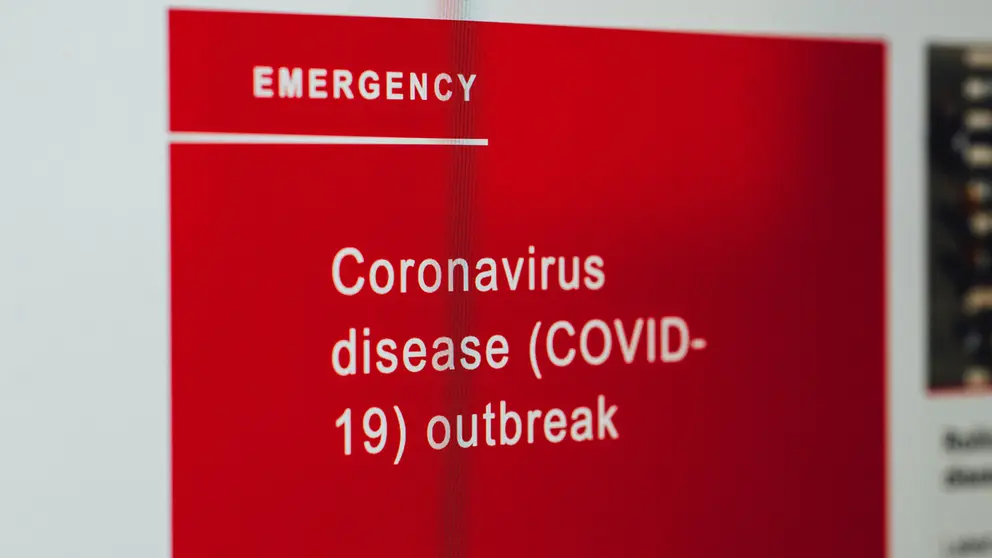On the 18th of March 2020 the Finnish Parliament applied Emergency Powers Act (1552/2011) for the first time in history during peacetime.
The application of Emergency Powers Act means that the Parliament of Finland recognised that there is a state of emergency due to coronavirus epidemic. Otherwise, the Parliament would not just have been able to apply the Act.
The application on Emergency Powers Act authorises the government to restrict, for example, civil rights and social functions in order to contain the spread of coronavirus in emergency conditions. This is reasonable as the sole purpose of Emergency Powers Act is to protect the population and to secure its livelihood and the national economy, to maintain legal order and constitutional and human rights, and to safeguard the territorial integrity and independence of Finland in emergency conditions.
Always, when enabling such a vast authority to civil servants/administration, there is a delicate balance in between how much constitutional and human rights may be restricted in order to gain targeted benefits. In Finland this is basically controlled with parliamentary oversight.
There is also regulation within the Emergency Powers Act limiting the rights of officials during emergency conditions. For example, during the state of emergency officials may only be granted such competences which are necessary and proportional in order to reach the objectives prescribed by law, and these competences may only be enforced in a way necessary and proportional to the purpose of the authorisation act. Also, the authorisations based on the Emergency Powers Act may only be used if the matter is not controllable by regular legal authorisation.
International obligations
Even if the Finnish Parliament applied the Emergency Powers Act due to present coronavirus epidemic, Finland must honor all its international obligations as well as generally acknowledged rules of international law.
At present, the government of Finland is considering further restrictions to movement and assembly in order to fight the corona epidemic in Finland.
These restrictions are considered as the measures already taken on the authorisation of the Emergency Powers Act have proven not to have been enough to contain the spread of coronavirus. As the Parliament of Finland did acknowledge on the 18th of March that there is a state of emergency in Finland, these restrictions to movement and or assembly may be put in force with a government decree.
Restrictions to movement and assembly
According to Finnish law, possible restrictions to movement and assembly are to be specified in government’s decree, and are temporary in nature -maximum three months at a time. In order for the Finnish government to restrict movement and assembly, these measures must be deemed necessary to protect the health or livelihood of the population and to prevent the spread of coronavirus.
If the government gives a decree in which the movement and/or assembly was restricted, it will be enforced by the police in co-operation with other Finnish officials. According to the law, one may be fined if these restrictive orders are nor followed.
The application of the Emergency Powers Act must be cancelled as soon as the state of emergency in question ends. Also, if the circumstances behind the possible restrictions to movement and/or assembly cease, the restrictions are to be altered accordingly.
Ironies of history, the Emergency Powers Act was given on 29 December 2011, during the mandate of president Tarja Halonen, currently quarantined because of the coronavirus. And the Minister of Justice at that time was the same as today, Anna-Maja Henriksson, from the Swedish People's Party (RKP).
*Jukka Autio is a Finnish lawyer expert in human rights and immigration law from Autio Attorneys.








